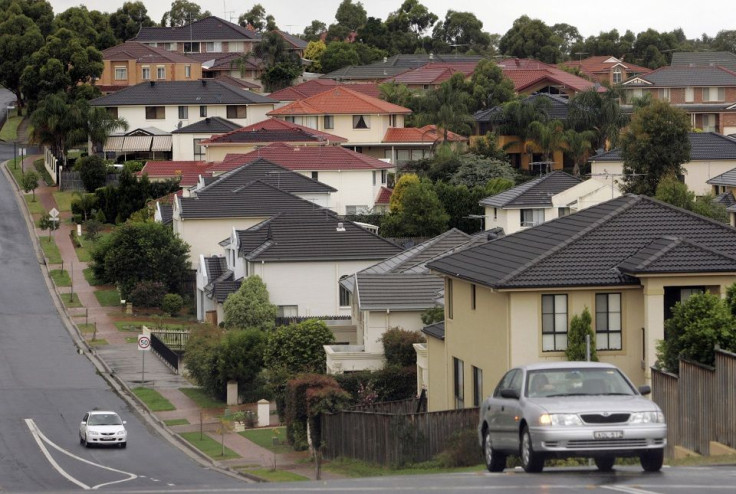End of mining boom causes rise in delayed mortgage payments among Australians

In spite of not just falling, but very low, interest rates, a growing number of Australians find it hard to meet their mortgage payments. Part of the reason behind the financial hardship is the end of the mining boom which affected some Australian states over the others.
Ratings agency Moody’s identifies Western Australia as the state where there is a high rate of arrear by at least 30 days. Specifically showing the impact of mortgage stress are the cities of Kingston, Moorina and Paralowie, The Australian reports.
Two other states join WA as having the highest rates of delayed mortgage payments since Moody’s started collecting in 2006 home-loan data. These are Tasmania and the Northern Territory on the one hand. On the other hand, areas with smaller rates of arrears include Manly, Elanora Heights and Newington in Sydney.
Alena Chen, vice president of Moody’s, explains the high rate of arrears in mining states due to rising unemployment rates in these states. The result of high rates of delinquencies is a drop in property prices such as the 4.2 percent logged in Perth in the last 12 months to June. Experts warn property prices in the city could further slide by another 5 percent in the next 12 months.
A new report released by the Bankwest Curtin Economics Centre estimates the number of WA residents who lost their full-time jobs in the mining sector between 2013 and 2015 at about 22,000 people, WAToday reports.
At the event where the report was launched, Rachel Ong, deputy director of the centre, notes that the resources industry delivered record jobs and soaring salaries during the mining boom. However, by mid-2015, for the first time in 10 years, unemployment rates in WA exceeded the national average. As of August, Australia’s unemployment rate was 5.7 percent and WA’s was 6 percent.
The result, besides the rise of joblessness, was the increase in the rate of part-time, casual and underemployment in the once booming state. State government effort to diversify through agriculture and tourism showed meager contribution of the two sectors to WA’s GDP.
Chen foresees a rise in mortgage delinquencies in the coming months despite the official cash rate set by the Reserve Bank of Australia at 1.5 percent and the standard variable rate of commercial banks averaging 5.2 percent.
She warns, “Lower commodity prices and the associated slowdown in mining and mining-related sectors will continue to weigh on GDP growth and mortgage performance.






